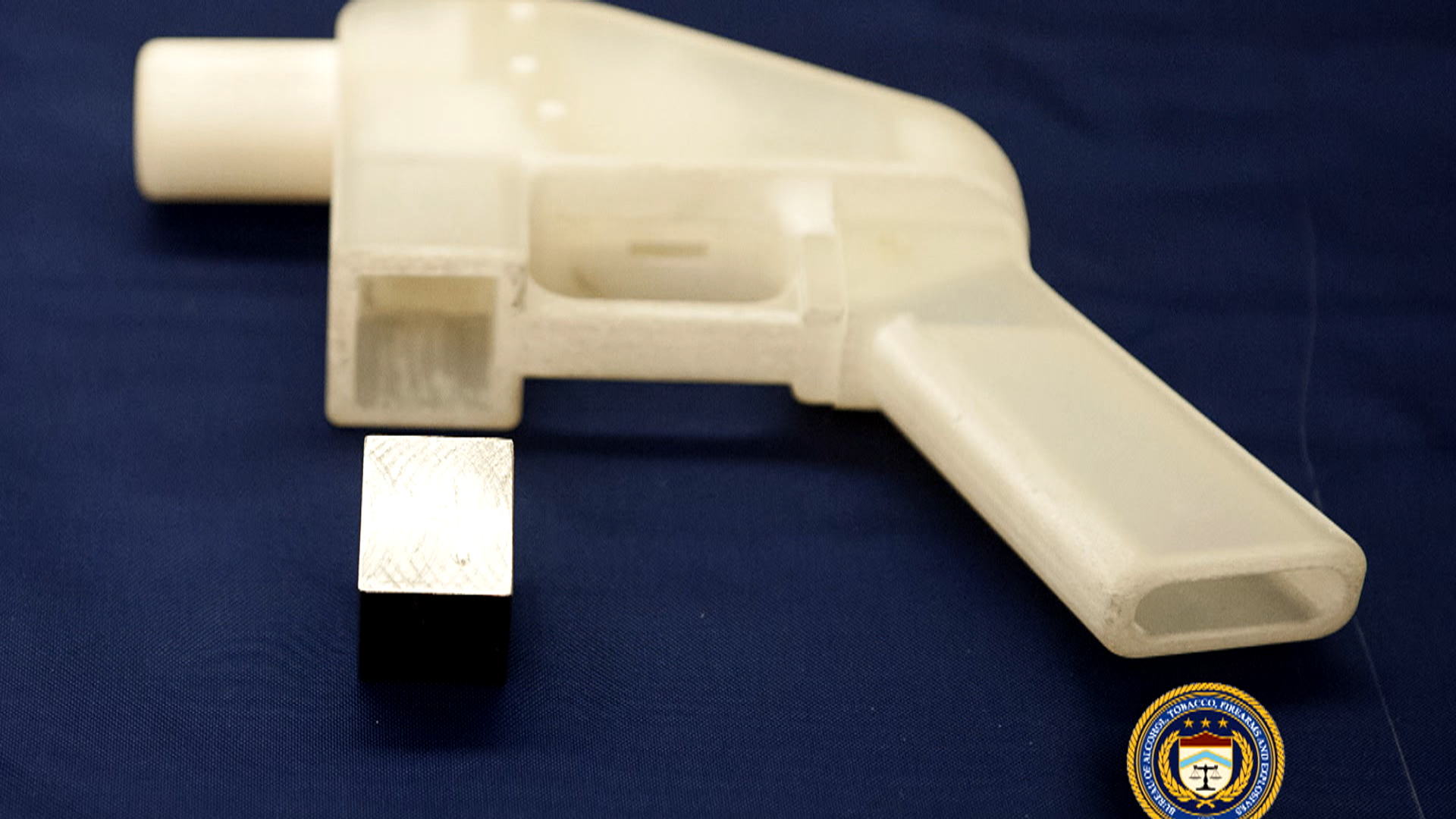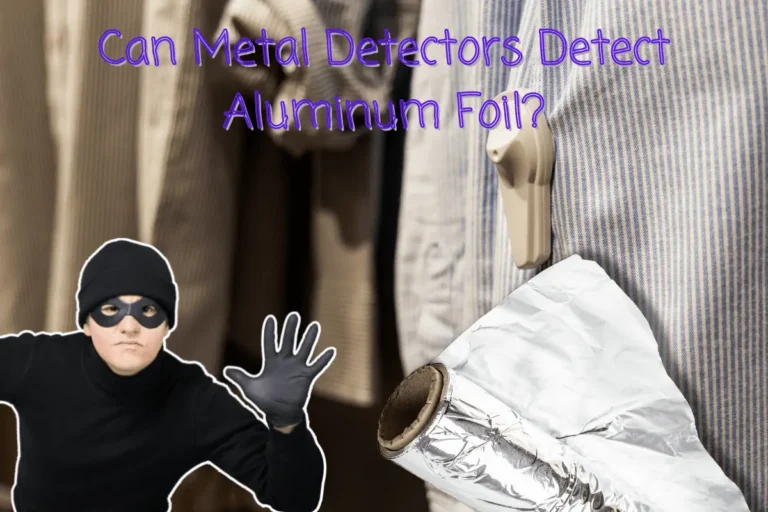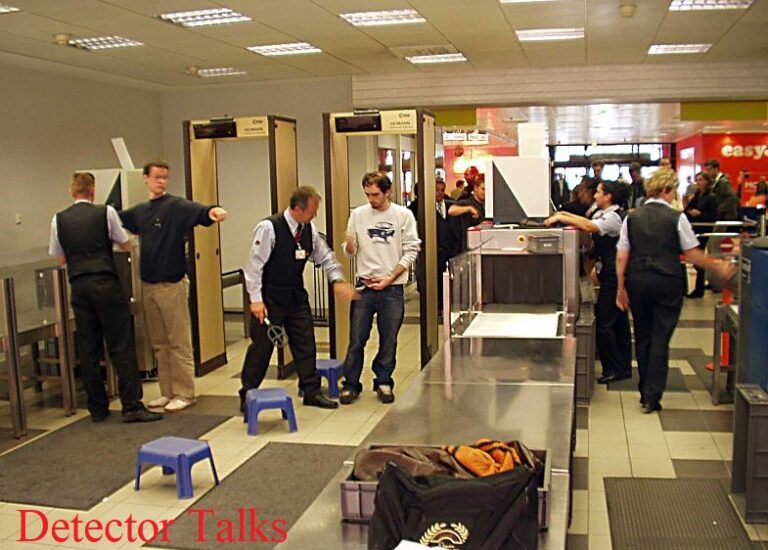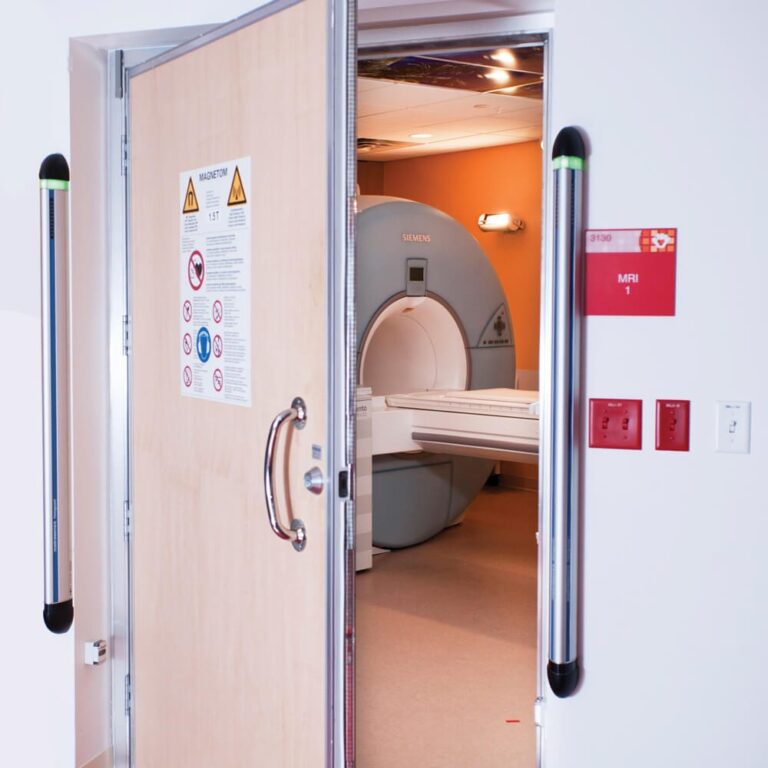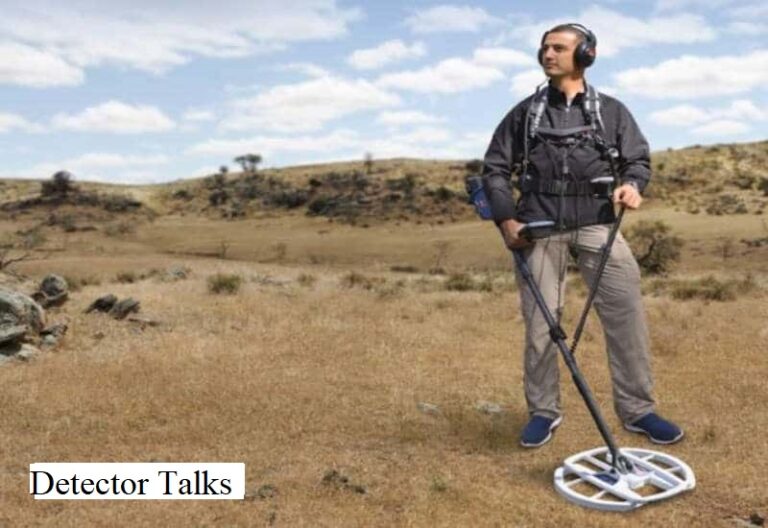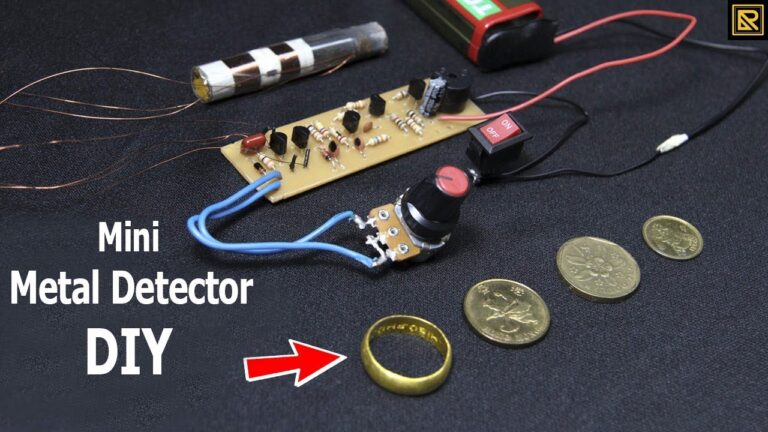Guns That Pass Metal Detectors
As the world becomes more and more technologically advanced, so do the methods used by criminals to commit their crimes. One such method is using guns that can pass metal detectors. These guns are typically made with 3D printers and use plastic or carbon fiber instead of metal to avoid detection.
While these guns may not be as lethal as their metal counterparts, they are still dangerous and have been used in many shootings, including the 2016 Orlando nightclub shooting.
If you’re looking for a gun that can pass through a metal detector undetected, a few options are available on the market. The most popular choice is a plastic gun, made of materials that won’t set off the alarm. Metal guns are also specifically designed to avoid detection, but these can be more expensive and harder to find.
Whatever type of gun you choose, make sure you know how to use it safely and responsibly. Now we’re going to learn more about Guns That Pass Metal Detectors.
Are There Guns That Can Go Through Metal Detectors?
Yes, some guns can go through metal detectors. There are a few different types of these guns, but the most common type is called a “ghost gun.” Ghost guns are made with 3D printers with no metal parts, so they can pass through metal detectors without setting them off.
These guns are dangerous because they’re undetectable and can be easily smuggled into places where guns are prohibited.
Will a Glock Go off in a Metal Detector?
No, a Glock will not go off in a metal detector. Metal detectors detect metal objects in the area, and guns are made mostly of plastic. The only metal part of a Glock that a metal detector would detect is the small amount of metal in the firing pin.
Can Metal Detectors Detect Plastic Guns?
No, metal detectors cannot detect plastic guns. This is because plastic is not metal and will not be picked up by a metal detector. However, there are other ways to detect guns, such as x-ray machines or pat-downs.
What Will a Metal Detector Not Pick Up?
One of the most common questions about metal detectors is what they can and cannot detect. Unfortunately, there is no easy answer as it depends on various factors, including the type of metal detector, the quality of the device, the settings used, and even the user’s experience. However, in general, a metal detector will not pick up:
Non-metallic items: This includes plastic, glass, wood or leather materials. Metal detectors are designed to detect metallic objects and will not respond to non-metallic items. Small items: A metal detector may be able to detect larger pieces of metal, but smaller items may be more difficult to find. This is because small items have less mass, generating a weaker signal that is more easily lost in background noise.
Deeply buried items: Metal detectors work by detecting magnetic fields. If an item is buried too deeply, its magnetic field may be attenuated and more difficult to detect.
Items with low conductivity: Some metals are better conductors than others, affecting how well a metal detector can detect them. Metals with low conductivity (such as aluminum) are more difficult to detect because they generate a weaker signal.
Weapons That Can Pass Metal Detectors
Are you looking for weapons that can pass metal detectors? If so, there are several options available to you. One option is to use a non-metal weapon.
Many types of non-metal weapons are available on the market, including knives made of ceramic or plastic. These knives will not set off metal detectors, making them ideal for carrying into places where such devices are in use. Another option is to choose a weapon made mostly of metal but with very little magnetic material.
This includes certain types of swords and knives. While a metal detector will still detect these weapons, they are less likely to be flagged than those made entirely of metal. Finally, you can opt for a weapon designed to evade detection by metal detectors altogether.
These include special blades coated with a substance that absorbs radar waves. These blades are often used by military and law enforcement personnel who need to carry concealed weapons into sensitive areas. No matter which type of weapon you choose, ensure you know how to use it safely and effectively before bringing it into any environment where metal detectors are in use.
How to Get a Gun through a Metal Detector
There are a few ways to get a gun through a metal detector, but the most common is to use a non-metallic gun. These guns are made of materials that will not set off the alarm on a metal detector, such as plastic or ceramic. Some guns have special coatings that make them undetectable by metal detectors.
Another way to get a gun through a metal detector is to use a body cavity search. This involves hiding the gun in a body cavity, such as the anus or vagina. This is not always successful, as the gun can be detected if it is not properly hidden.
Do Metal Detectors Detect Shooters
Metal detectors can detect shooters in many ways. First, they can help pinpoint the location of a shooter by detecting the metal in their firearms. Second, they can also detect the heat signature of a shooter, which can be used to track their movements.
Finally, metal detectors can also be used to listen to gunshots, which can help law enforcement identify and apprehend a shooter.
Conclusion
As mass shootings continue to plague the United States, many people wonder why more isn’t being done to prevent them. One proposal is to make it so that all guns must be made with metal that will set off metal detectors. However, this idea is not without its problems.
For one thing, many guns on the market are made with plastic or other materials that a metal detector would not detect. In addition, even if all new guns were required to be made with metal, there would still be countless older guns in circulation that would not be affected by this change. Furthermore, it’s unclear how effective metal detectors are at preventing shootings.
Even if they could detect every gun, they would only be able to do so after the fact – and by then, it would probably be too late. In short, while making all guns detectable by metal detectors may seem like a good idea at first glance, it is unlikely to solve the problem of mass shootings in America.

